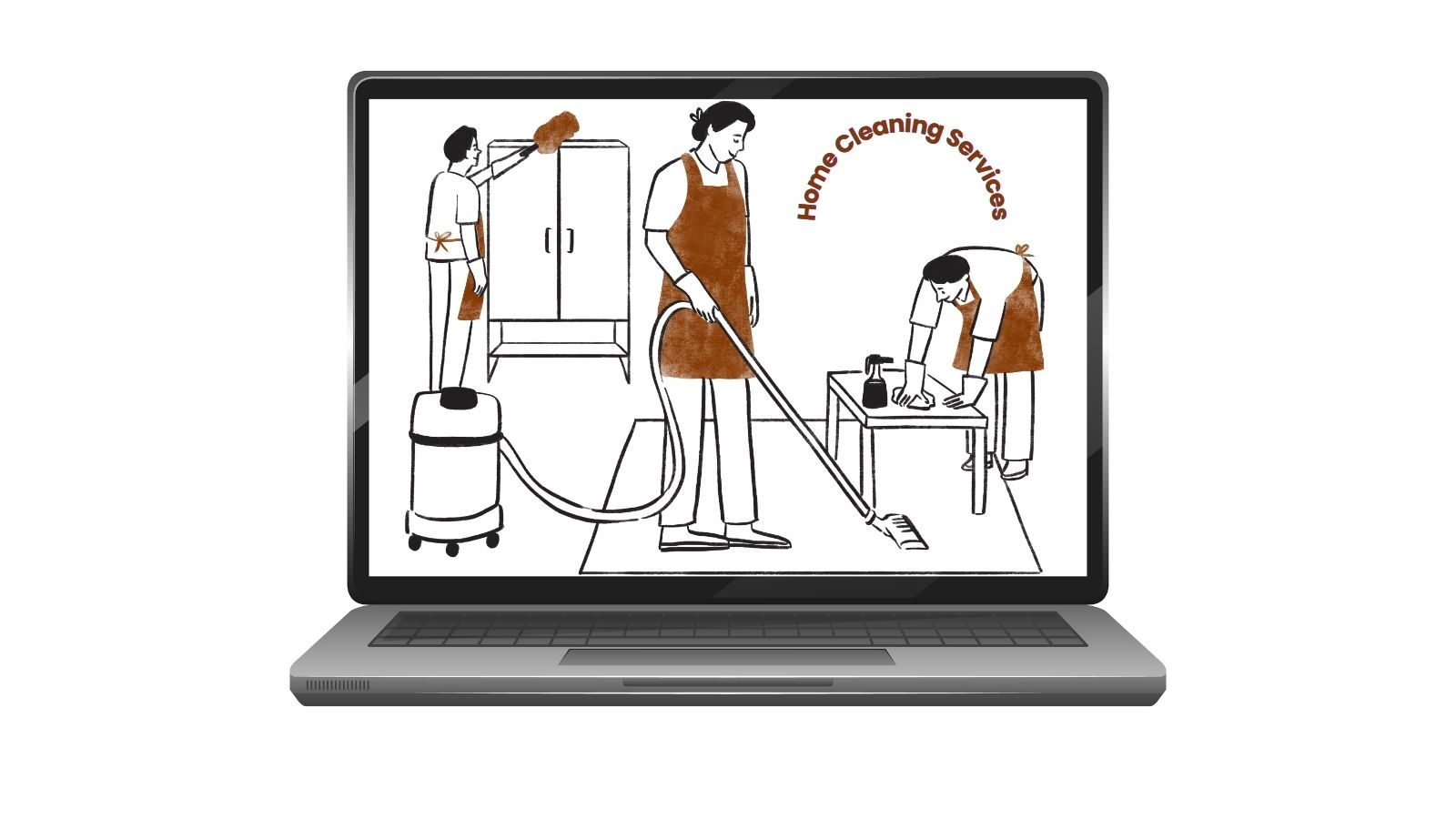
Hacking is a real threat to the modern information world. Hackers try to gain access to a website to steal user information, deface the website security or use the server to send spam or transmit illegal files. Major corporations and small businesses have been hacked in the past with devastating consequences. Therefore, it is important that you take steps to prevent hacking by all means. Here are a few tips on how to prevent hacking. No software is 100 percent secure from intrusion. Manufacturers keep patching new vulnerabilities as soon as they notice them. Hackers are quick to utilize any security gaps in software programs to gain access to website security. Therefore, if the software is not up to date, there is a great chance that there are security loopholes that hackers may utilize to gain entry. If you are using managed hosting services, you do not need to worry about security updates since your hosting provider will update the software on your behalf. You may also make use of third-party tools to determine when you need to update your software and give you other security recommendations. Most office computers provide an easy route for hackers to gain access to your company network. This is because most companies are not strict about their security policies. Given that these computers are connected to your server, you need to take steps to ensure that their security is guaranteed. Here are some of the steps: There are several ways you can protect passwords from being accessed with ease. First, all passwords should be stored as encrypted values. You may use one-way hashing algorithms that authenticate users by comparing encrypted values. You can also provide extra security by salting passwords. One way you may limit damage in case of a successful attack is to use hashed passwords. Such passwords are impossible to encrypt. When this is done together with salting passwords, it slows the process of decryption and makes it too expensive. You should have comprehensive web application security testing before any of the applications are deployed. Security testing involves checking any vulnerabilities in the applications that may give entry to malware. Applications are tested with known malware, brute force, and other hacking methods to determine their security. Most testing tools try to penetrate your applications, just the way hackers would. Fortunately, there are several free and premium tools that you can use to attempt to exploit your applications and patch up all security loopholes that become apparent. You should have periodic testing of active applications against any new threats too. An SQL injection happens when a hacker makes use of a web form field or URL parameter to manipulate your database or gain cess. Most attackers use a standard Transact SQL to insert rogue code into your query. From here, they can obtain information about other users, delete data or change tables. You can avoid such an attack by ensuring all your queries are parameterized. Most web design languages come with this feature. Cross scripting or XSS is a technique where an attacker tries to pass a scripting code such as JavaScript into a web form to run a malicious code whenever visitors access your site. Always check that data that is submitted when creating forms and either encode or strip away any HTML. In the same line, ensure all error messages are generic and do not reveal what part of the query is incorrect. This prevents hackers from using brute force to determine the incorrect part of the query. If they do, they can correct the incorrect part and succeed in hacking your site. It is always good to have validation done on both the browser side and the server side. Most browsers can catch failures such as empty fields that are mandatory. However, hackers are able to bypass such validations. However, if validations are done both at the server-side and browser, it is hard for the system to fail to notice failures. This prevents scripted code or malicious scripts from being entered into your database and causing the website to misbehave. Allowing your users to upload files directly to your website security may present a huge risk to your website. Files may contain a script that opens up your site when it is executed. Unfortunately, some transactions require users to upload the file onto the site. If your site is one of them, treat all files as potential risks. Do not identify files by the type of extension used. Some hackers are known to use the space in the comment section of the image formats to transmit PHP codes. Limit users from executing any files that they upload to your site. In addition, the server should not try to execute any file that has an image extension. You can have extension names and formats changed once they are uploaded into the website and stored in a folder out of the webroot to make it hard for scripts to execute on the database. You can either install a hardware-based or software-based web application firewall. The firewall is a go-between your data connection and the server. It reads every bit of data that is passed to your server. Today, most web application firewalls are cloud-based. Therefore, you will have them as a plug-and-play service at modest monthly subscription fees. The cloud-based firewalls work like the software and hardware ones as all data gets to the clouds and is then transmitted to your server after scanning it against malicious bots and spam ware. It is important to enhance website security to prevent loss of data, downtime or corruption of your database. There are several tools that you can use to guarantee your website security, including the use of a firewall, scanning all files uploaded by users, activating web browser and server-side validation, security testing web applications, and having a strong password policy, among other tools. Most of these tools are availed by managing Webhosting services and other providers. Others are available free or at modest costs. Keep updating your security tools regularly to capture any new threat that may come up.Update your Software
Create a Security Policy
Protect your Passwords
Test all Web Applications
Guard Against SQL Injection and Cross Scripting
Form or Server-side Validation
Use File Uploads
Install a Web Application Firewall
Conclusion








